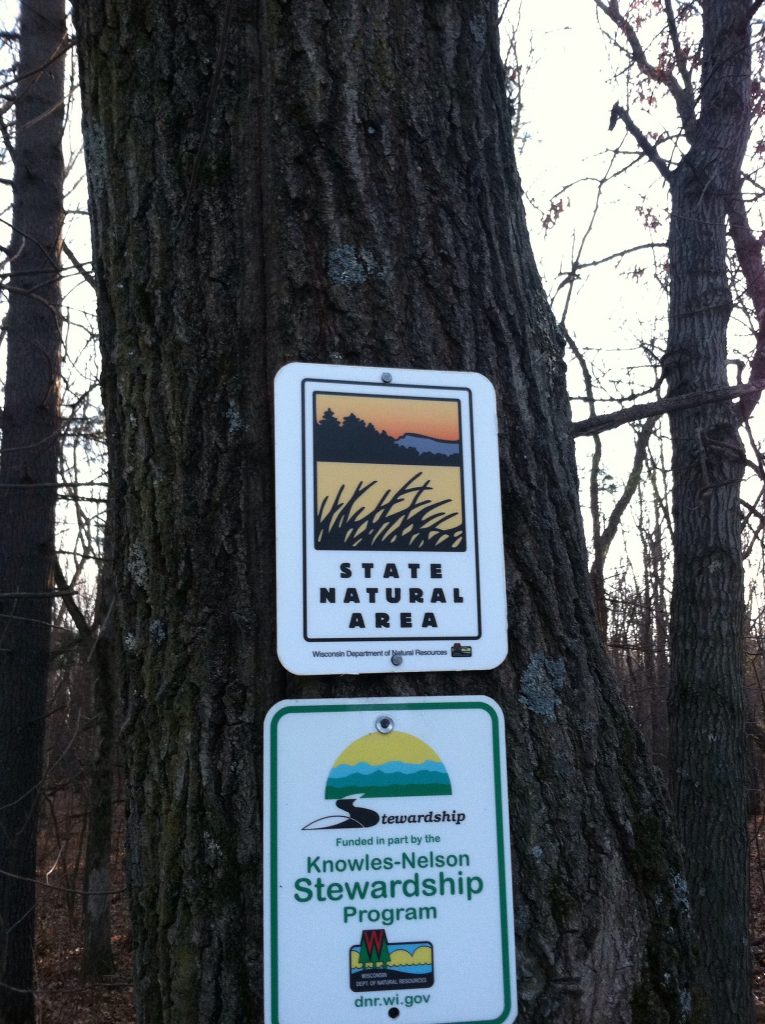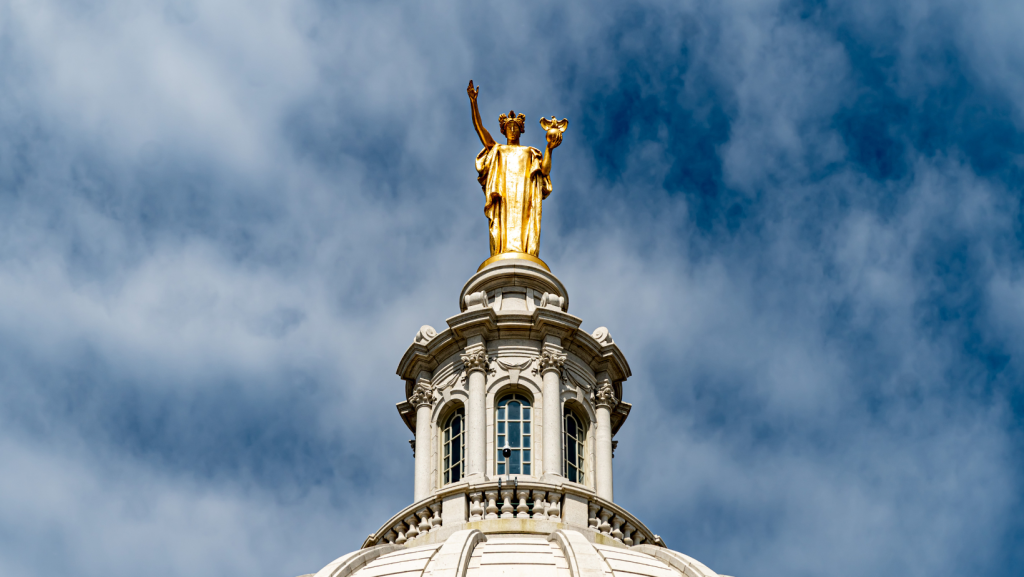Who gets to decide? That is the question raised by a lawsuit Governor Evers filed directly in the Wisconsin Supreme Court on October 31, 2023. The lawsuit argues legislative committees violate the Wisconsin Constitution when they block the Governor and state agencies from spending money already appropriated under the state budget or implementing important government programs set out in state law. The lawsuit points to “legislative vetoes” blocking raises for University of Wisconsin employees, updated building codes, professional codes of ethics for certain workers, and land conservation projects under the Knowles-Nelson Stewardship Program as recent examples of this unconstitutional conduct.
How the Wisconsin Supreme Court resolves this case could affect not just these issues, but many other situations where legislative committees block agency actions. The Court’s ruling could dramatically affect both DNR’s ability to implement environmental programs and Clean Wisconsin’s advocacy work in the capitol.
This case addresses a fundamental idea embedded in our Constitution. The Wisconsin Constitution, like the U.S. Constitution, creates a separation of powers that serves as one of the fundamental checks and balances keeping too much power from being placed in the hands of any one branch. Power is spread across three branches of government: the Executive, the Legislative, and the Judicial. This nation’s founders understood that each branch would try to gather more power to itself, and that this accumulation of power would threaten the liberty and well-being of the people. Ensuring the powers stay separate is therefore fundamental to our form of government. The U.S. Supreme Court and courts in other states have found that similar legislative vetoes violate separation of powers principles.
In recent years, the Wisconsin legislature has increasingly used “legislative vetoes” to block or frustrate executive actions taken by state agencies. These agencies are created by the legislature but are part of the executive branch and under the governor’s supervision. The legislature has created committees comprised of a small number of legislators who can block state agency decisions, often indefinitely, by a simple vote of as few as six legislators on those committees. The full legislature has already charged those agencies with taking particular actions and appropriated funds for those actions in the state budget. The members of these legislative committees not only pass laws but also play a role in deciding how those laws are executed. The lawsuit argues that this dual power, where the same branch both creates laws and oversees their execution, violates the separation of powers. Therefore, it argues that the practice of legislative vetoes is unconstitutional. If the Court finds these legislative vetoes do violate the separation of powers, then the question of “who decides?” may soon have a different answer. The implications for Wisconsin’s environment could be significant.

The Governor’s lawsuit highlights four situations in which legislative vetoes have blocked executive branch action in ways it argues violate the constitutional separation of powers. All are important, and some affect Wisconsin’s environment.
- The Knowles-Nelson Stewardship Program empowers DNR to purchase and develop land, and provide grants to local governments and nonprofits, to conserve natural resources and provide public access to recreational activities that depend on those resources. The state budget includes funding, and state law provides criteria DNR must follow in funding conservation projects to achieve the Program’s goals. The Joint Committee on Finance (JCF) can veto DNR’s proposals for certain kinds of projects and has done so for almost one-third of projects submitted to JCF since 2019. Clean Wisconsin is a longtime supporter of continued funding for this Program.
- The most recent Wisconsin budget bill—negotiated between the Legislature and the Governor—included pay raises for all state employees. These pay adjustments only take effect following review by the Joint Committee on Employment Relations (JCOER). JCOER allowed the pay adjustments to go into effect, except for the University of Wisconsin’s roughly 42,000 employees. Legislators on JCOER say they will not approve these pay adjustments until the UW system cuts all employee positions relating to diversity, equity, and inclusion.
- The Department of Safety and Professional Services (DSPS) is required to publish regulations setting out commercial building codes that are consistent with federal requirements in the Americans with Disabilities Act and other laws, and that also reflect current energy conservation standards. In May 2023, DSPS submitted an updated building code to the Joint Committee for Review of Administrative Rules (JCRAR) for review. JCRAR voted to indefinitely object to the rule and thus Wisconsin’s building codes remain outdated and do not include current energy conservation standards. Clean Wisconsin lobbied for the updated building codes as a critical effort to reduce carbon emissions from the building sector.
- Within DSPS is a Marriage and Family Therapy, Professional Counseling, and Social Work Examining Board. The Board must publish ethics standards for social workers, marriage and family therapists, and professional counselors. In 2019-2020, it revised the ethics standards to define as unethical “conversion therapy” or interventions intended to change a person’s sexual orientation or gender identitfy. JCRAR objected to the portion of the updated ethics standards relating to conversion therapy, and it remains blocked today.

